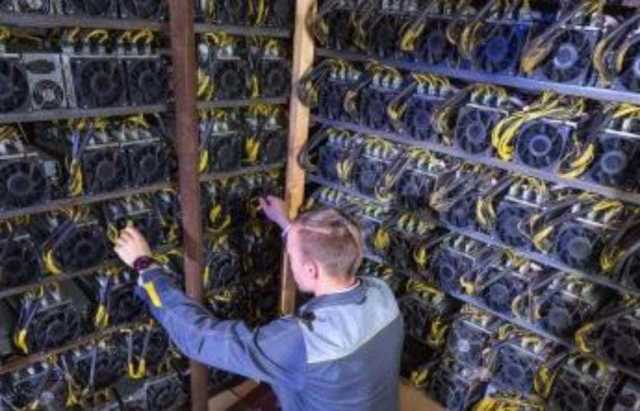
Nakamoto further describes the Bitcoin network as a decentralized payments system, meaning third-party financial intermediaries (i.e. banks or credit unions) are unnecessary when transferring value with Bitcoin. To an extent, Bitcoin also addresses the problems with the current model of remittance, particularly the issues of price and speed. Traditional remittance services typically charge Why are Bitcoins valuable exorbitant fees and transfers may take several days to get to their destinations. Bitcoin, on the other hand, is not only faster, but also much cheaper. This is because the Bitcoin network does not rely on any intermediary to confirm transactions. There is a network of voluntary contributors all over the world that are running their computing equipment 24/7 to confirm bitcoin transactions.
What Is Bitcoin Scarcity?
Unlike traditional currencies, which are backed by a government and regulated by a central bank, Bitcoin operates on a decentralized network called the blockchain. This means its value is not influenced by monetary policy or inflation rates. It’s influenced by a myriad of factors, including economic indicators, geopolitical events, and even market sentiment. For instance, inflation can erode the value of a currency, while economic growth can enhance it.
Who Controls the Value of Bitcoin and Other Cryptocurrencies?
Some of the best investment apps that offer cryptocurrencies (such as Robinhood Investing) include a range of investment types, low fees, market access, and more. The lack of a central authority can also make cryptocurrencies more secure. “It’s hack-proof because there’s no one central point of failure,” explains David Donovan, executive vice president at Publicis Sapient.
- Indeed, Bitcoin’s features such as a hard supply cap and slow inflation rate lends itself naturally to a few select economic schools, particularly those focused on the free market.
- For the same reason, Bitcoin’s halving event that reduced the supply by half was so eagerly anticipated in 2020.
- What makes Bitcoin sound money is that its rules have been dependably enforced for well over a decade.
- Bitcoin is one of the world’s largest cryptocurrencies, according to market capitalization.
- In any case, an excessive supply of a currency will result in devaluation, leading to huge spikes in the price of goods and services, which can, in turn, lead to a financial crash.
- Most money nowadays, however, exists in digital form; the number you see in your bank savings account is just an electronic entry.
What’s a non-custodial Bitcoin wallet?

Unlike banknotes or minted coins that have a tangible physical form, cryptocurrencies can only be accessed using computers and other electronic devices. Some investors view bitcoin as a store of value, similar to gold, which can hold its worth during times of economic stress or rising inflation. The favorable ratio between its supply and demand is reliable proof that the value of Bitcoin is likely to grow even higher than we could imagine. Nonetheless, nothing can be taken for granted in the volatile field of cryptocurrency.
What is peer-to-peer technology?
Unlike traditional currencies, digital currencies like Bitcoin are not issued or regulated by any central authority. Instead, they operate on decentralized networks, making them immune to government interference or manipulation. If you understand the core principle of supply and demand behind what gives cryptocurrency value and the factors influencing them, you can make better cryptocurrency investment decisions.


Why Is Bitcoin So Precious?
- Bitcoin remains highly unregulated, but the value drops every time a country imposes regulations on it.
- Bitcoin is stored in a digital wallet that records your transactions and encrypted private keys.
- “On the blockchain, it would say I’m sending you one coin, and I now have one coin, and you have one coin.”
- Likewise, the baker values your money higher than having the bread lay on his shelves.
- When these problems are solved, new blocks are added to the Bitcoin blockchain, and the miners are rewarded with a certain amount of Bitcoin.
- There’s also less regulation of cryptocurrencies and platforms than of traditional financial services in the US.


